Some babies come out of the womb with a top-knot worthy by itself, but many are born bald or barely have any hair at all.
As a parent, you love your child unconditionally. It doesn’t matter whether they have a full head of hair or none at all!
It can be hard to know what’s normal and healthy as a new parent, which is why you might have questions about your baby’s hair. Your child might start off bald or come out with a full head of long locks from the get-go.
Below, we cover some hair care tips for those with babies who are 6 months or older. If your baby is younger, it’s probably not the right time to worry about It.
Contents
Why are some babies born with hair and some are not?
Babies born with hair owe that quality to genetics. Babies without hair can be the result of genetics in themselves or a factor from either party’s genetic background, such as a recessive gene passed down from your parents.
Another reason why some babies are born with hair is exposed to high levels of hormones. Women may enjoy an increase in hormone levels during pregnancy, while others have a comparatively higher level and can lead to a child with hair at birth.
The most important thing to know about baby hair is that nothing is out of the norm. Nowadays, many babies are born with little or no hair, while others come into this world as they walked straight out of their own photoshoot.
Read More About: How to Stimulate Hair Growth with Collagen Supplements
How can I Grow my Baby’s Hair Faster?
You can make your baby’s hair grow faster by giving their hair plenty of air and avoiding harsh chemicals. Make sure that your baby’s scalp isn’t too wet with shampoo, which can lead to drying and breakage. Avoid combing wet hair, when possible.
Clip or tie up long hair to keep it away from the face when bathing or swimming. Brush dry hair gently with a wide-tooth comb or soft brush before styling. You can also add a little olive or castor oil to the scalp. If you have an infant, try using baby combs and brushes with soft, natural-bristle bristles that won’t catch hair or scratch the skin.
Coconut Oil
To use coconut oil on your baby’s scalp, apply a small amount to their hair and allow it to sit for about 20 minutes. Rinse the scalp with warm water.
Coconut oil is rich in natural vitamin E, which is a nutrient capable of fighting free radicals. It can improve blood circulation to the scalp while also nourishing and healing skin, making it beneficial for hair growth.
In addition, It may reduce hair loss as it adds shine to the locks while preventing unnecessary protein loss.
Gentle Grooming
Regular grooming of the baby’s scalp can eliminate cradle cap and remove dry skin, resulting in faster hair growth.
Just by putting a comb on your child’s scalp, you can improve blood circulation and hair growth. Moreover, cutting the hair to keep it looking neat will increase its appearance.
Wash and Shampoo regularly
It is understandable to be nervous about washing your baby’s hair because this is likely a new experience for you, but don’t worry washing their scalp regularly will keep it clean and also loosen the cradle cap.
To help keep your child’s hair clean and eliminate any unpleasantness due to dirt, it is best to wash their hair with a baby shampoo every two-three days.
Once your baby has outgrown the newborn phase, they only need to bathe 2-3 times per week. Use lukewarm water and gentle shampoo for babies when bathing them.
The accumulation of dirt on your baby’s scalp can contribute to dryness which slows hair growth. Better yet: The accumulation of dirt on the baby’s scalp is a contributing factor in slowing hair growth.
Using a Soft Towel is a must
After a bath, be especially gentle when drying their hair. Use a soft towel to gently pat their head dry versus vigorously rubbing it with a rough towel.
This will help avoid damaging delicate baby hairs and promote healthy hair growth.
Avoid rubbing a baby’s hair with vigor using a rough towel when it is wet – this will cause damage to the follicles, thinning, and hair fall. Rub your little one’s damp hair gently, instead of vigorously like with a tight towel or tissue.
Untangle your baby’s hair
When caring for your baby’s hair, keep in mind that it is more susceptible to tangling and knots. Gently brush the hair every day to avoid breakage.
Cutaway any long bangs or layers and avoid ponytails or braids that could pull at the hair. The baby will be sleeping for most of the day anyway, so there is no point in putting a lot of effort into styling it.
Use baby hair-conditioner
In case your child’s hair is too curly and bushy, you can use a conditioner. Kid-friendly conditioners not only make hair more manageable but also provide essential nutrients to the scalp and remove flakes. They do not contain harmful chemicals that could harm the baby and work marvels in smoothing hair.
How Should I Care for My Baby’s Hair?
Proper hair care can help your baby’s hair grow thicker and stronger. Avoid harsh chemical treatments or products that contain alcohol, which can cause drying or damage to the scalp.
Follow a gentle cleansing routine with warm water, then apply a mild conditioner while massaging into the scalp.
Rinse and gently towel dry before brushing out tangles with a soft bristle brush or comb.
Avoid hot curling irons, straightening irons, and blow dryers when styling to minimize damage. You can also add a little oil to the scalp before styling to help keep hair moist.
What is the Right Haircut for Your Baby?
The right haircut for your baby depends on their hair type. For naturally curly or wavy hair, you can create stylish bangs or loose waves and curls using a small barrel curling iron. Babies with straight hair tend to have softer hair that sits smooth, so many parents decide to keep their baby’s hair long. If you have an infant with soft or straight hair, you can put it inside ponytails and braids for a tidy look as they grow.
Why is my baby’s hair not growing?
Newborns usually lose the hair they came out into this world with within a few weeks or months. They usually go through a stage of mild hair loss nothing to worry about.
Hair loss is common for newborn babies. Their hair falls out when they stop receiving hormone signals from their mother’s body after birth.
The reason your baby is losing hair has a lot to do with their position while sleeping. Your little one spends around 15 hours every day on their backs, and it could be a contributing factor in hair loss.
Some bald spots on the back of your baby’s head are normal. These typically occur when they spend a lot of time laying with their head against something – such as when they’re at daycare or strapped in a car seat during travel. Work to include lots of time for tummy-time, and carrier position whenever possible.
The average human hair is about five inches long when fully grown. The baby’s hair, however, is usually shorter than that. This could be because the baby’s body is still developing and will grow with time.
At what age should a baby have hair?
Most babies grow their permanent hair around six months of age, but it can show up as early as three months or as late as 18. It is normal for a baby to begin growing their big-kid hair anytime before they turn two.
Baby hair loss is caused by an overload of hormones. Once the hormone levels have stabilized, they’ll experience a new growth of fine hairs and a new head of hair. The hair growth will also continue to thicken during childhood.
In conclusion
We know that baldness is normal for infants, and it can last anywhere from a few months to years.
Most hair growth will occur within the first 6 to 12 months, but if you have any concerns, don’t hesitate to contact your doctor.
Read More About:
Does Creatine Cause Hair Loss? All You Need to Know
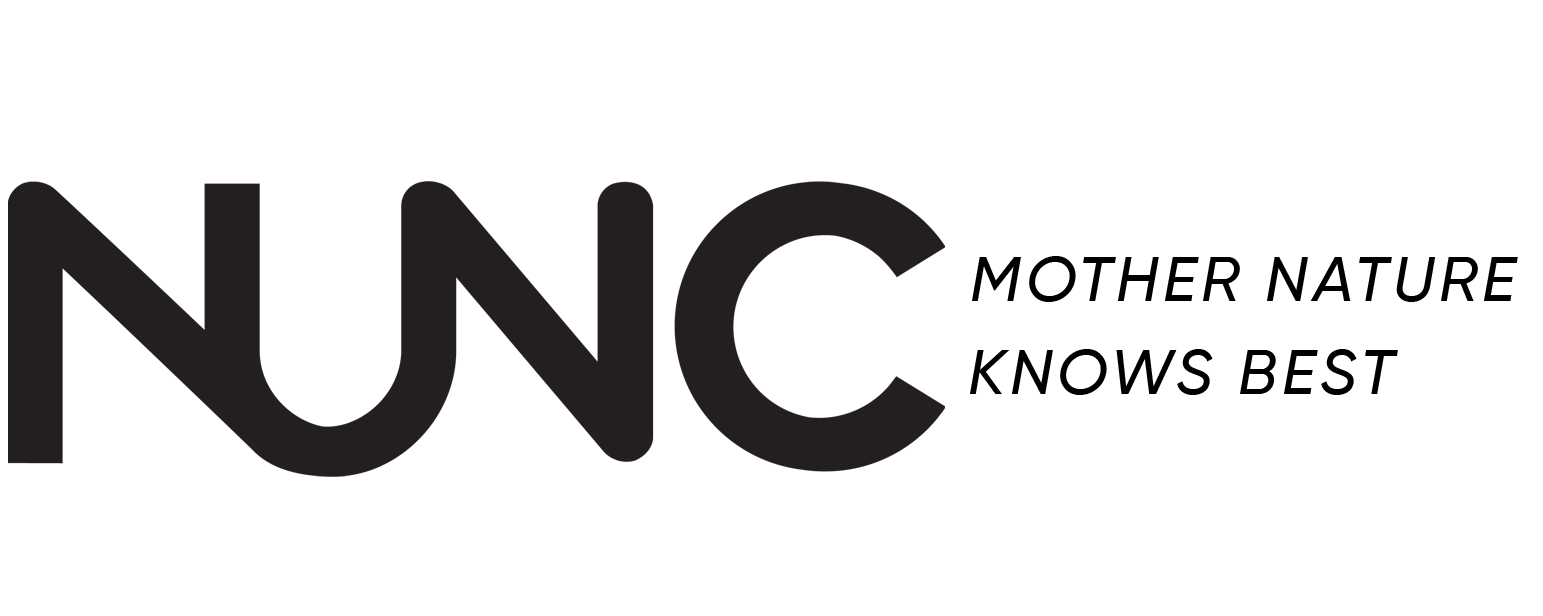
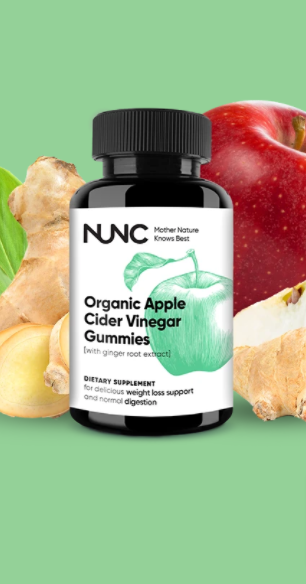

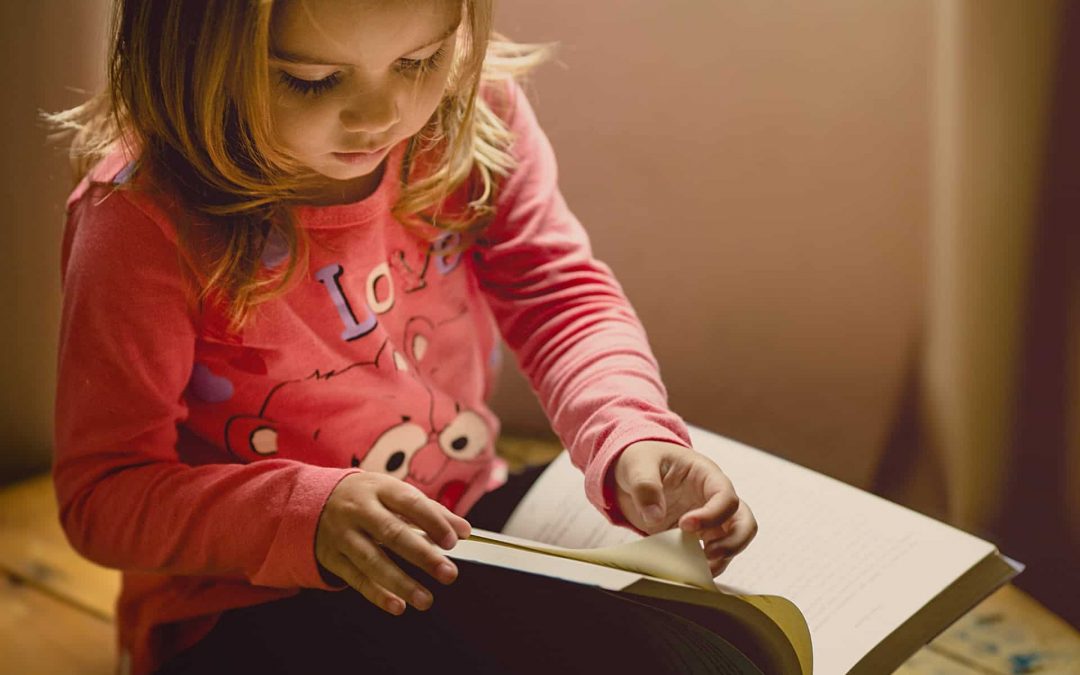

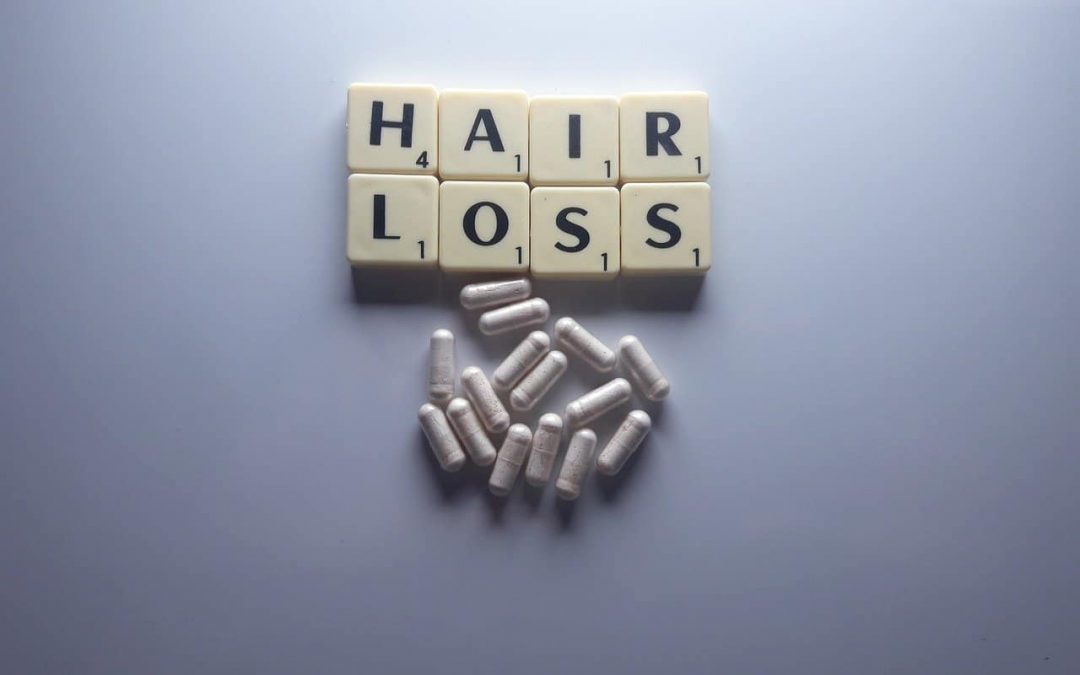
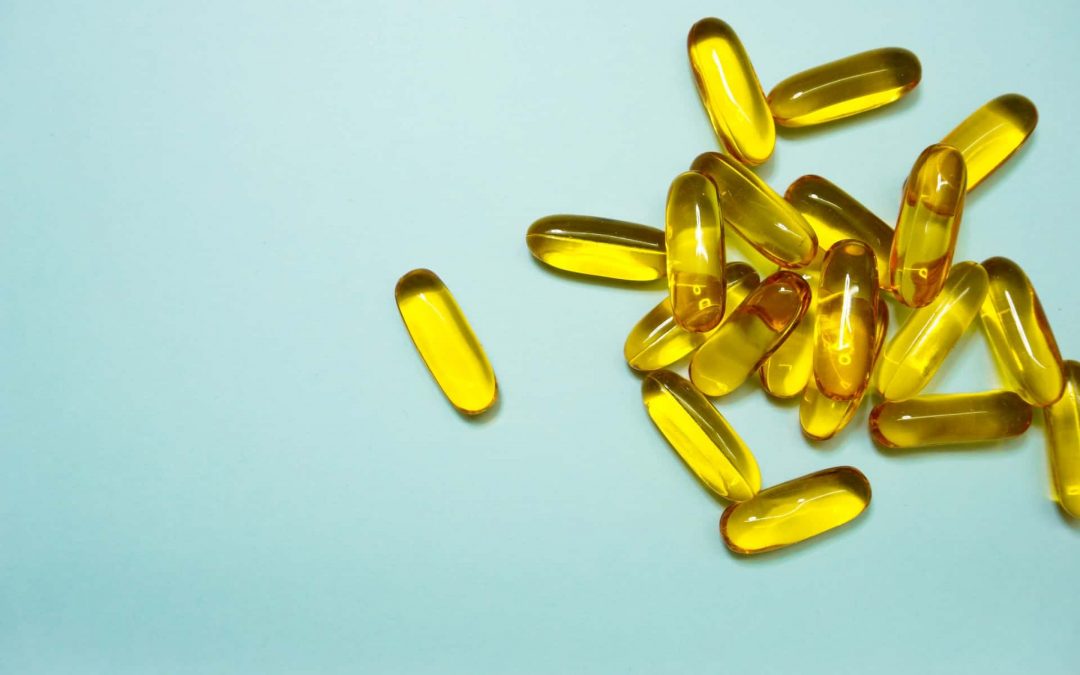
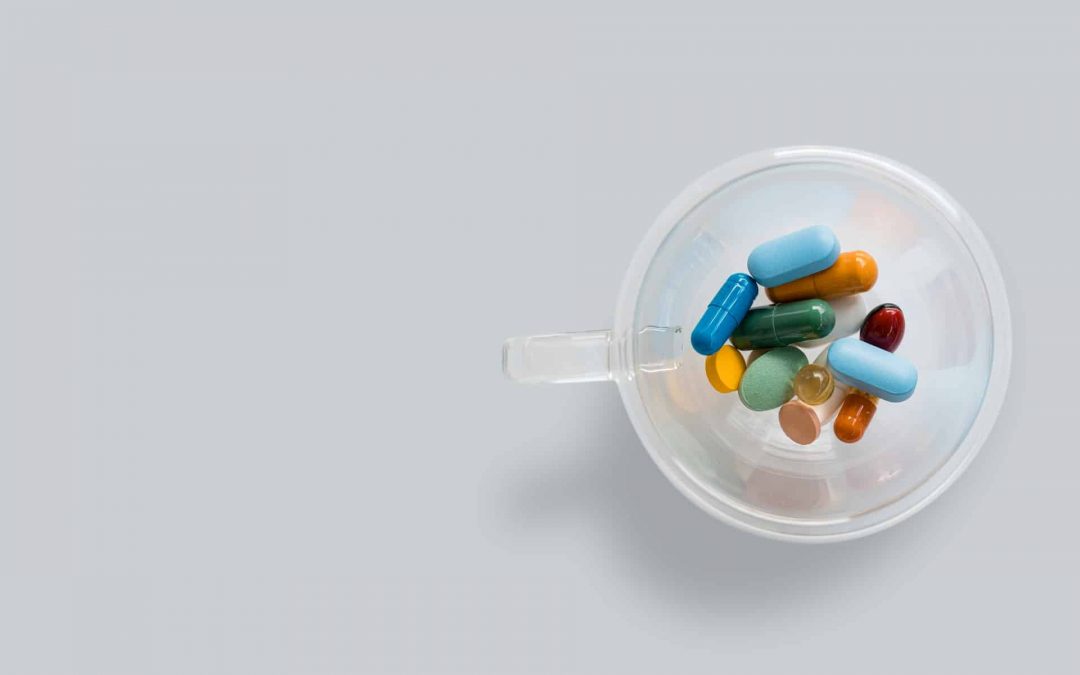
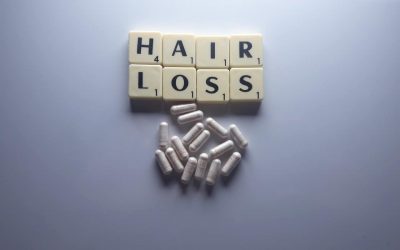

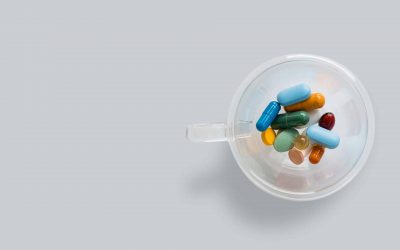
0 Comments